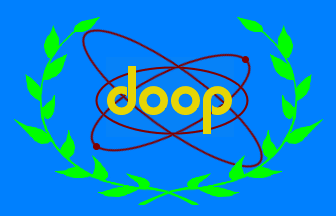The world is safe from a cataclysmic world government takeover of the Internet. As we predicted earlier this month, the United States has refused to sign a United Nations’ Internet Telecommunication Union (ITU) proposal to enact more regulation over the web.
“It’s with a heavy heart and a sense of missed opportunities that the US must communicate that it’s not able to sign the agreement in the current form,” said Terry Kramer, U.S. ambassador to the international gathering. “The internet has given the world unimaginable economic and social benefit during these past 24 years.”
Months of speculation and a full-court protest by Google hyped up fear that the ITU’s authoritarian-leaning states, such as Russia and China, would promote procedures for censorship and spying. More practically, the ITU might galvanize states to charge data to overseas connections in an attempt to build out technical infrastructure for developing nations.
To get a sense of just how dysfunctional and bureaucratic the ITU is, the controversial peak of the conference happened late Wednesday when the chairman held a non-binding informal “feel of the room on who will accept” a draft resolution for a discussion about “public policy issues” at the United Nations forum.
In the end, a 77 to 33 vote pushed through a treaty that could potentially set in motion a greater role of individual states or the ITU to regulate the Internet — a proposal that the U.S., Canada, and the UK rejected.
“The ITU has no enforcement powers,” explained Milton Mueller, Syracuse University Professor of Information Studies and author of Networks and States, “which is one of the reasons why the idea that the ITU can somehow take over the Internet is a pretty strange one. Because if the treaty does something that is fundamentally inimical to what the U.S. or other countries want done with the Internet, then they would simply not ratify it.”
Mueller explains that the ITU is an easy target for critics to galvanize attacks against greater centralized regulation of the Internet before they even have an opportunity to gain momentum.
To give you a sense of just how indecisive the ITU conference has predictably been, let me leave you with a Futurama parody of the United Nations:
